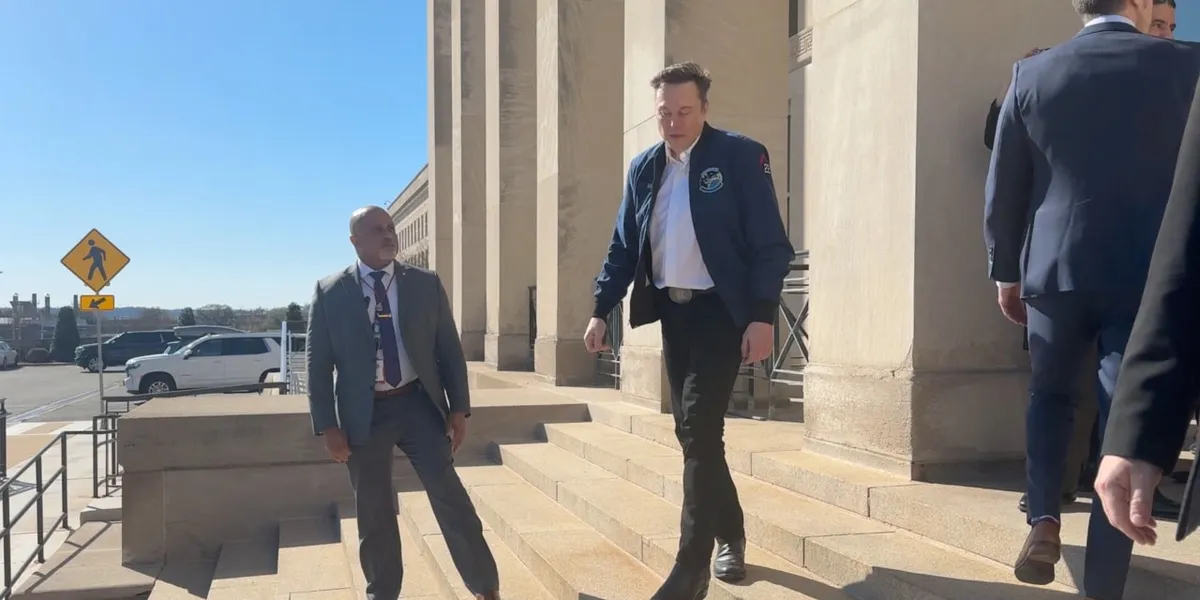
In a recent statement, President Trump clarified that Elon Musk would not be granted access to a sensitive briefing at the Pentagon concerning potential military strategies in the event of a conflict with China. This decision stems from Musk's substantial financial ties to the Chinese market, raising concerns about the propriety of sharing classified information with a businessman involved in such lucrative ventures.
During a press conference on Friday, Trump emphasized that it would be "improper" to share critical military plans with Musk, given his business interests in China. "Certainly you wouldn’t show that to a businessman," Trump remarked, highlighting the potential conflict of interest. The President's comments reflect a broader concern regarding the implications of high-profile individuals like Musk, who have extensive financial engagements in foreign nations, particularly those viewed as strategic competitors.
Despite the controversy, it was noted that Musk visited the Defense Department in his role as a key figure in the administration's efforts to enhance government efficiency. Trump reiterated that Musk was "not there for China," suggesting that his presence was intended to address domestic issues rather than international relations. This clarification underscores the complexities surrounding the intersection of business and national security.
The situation raises important questions about the balance between business interests and national security. As high-profile entrepreneurs continue to expand their global reach, their influence on government policies and military strategies may come under increased scrutiny. The ramifications of these financial ties could lead to potential conflicts of interest, necessitating greater transparency and regulation in how these relationships are managed.
As the dialogue surrounding this issue continues, it remains essential for policymakers to consider the implications of allowing private sector leaders access to sensitive information, especially in a time of heightened tensions with nations like China. The need for clear guidelines and ethical standards will be critical in navigating these complex interactions in the future.